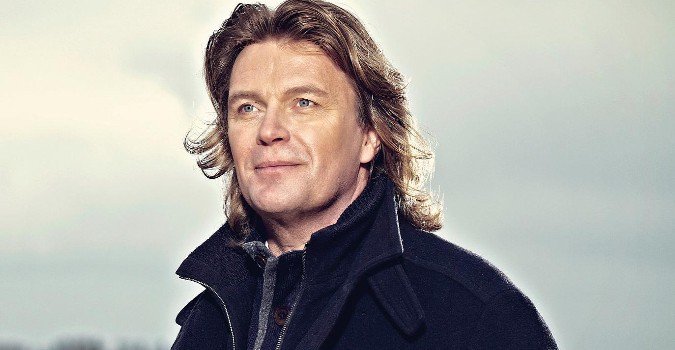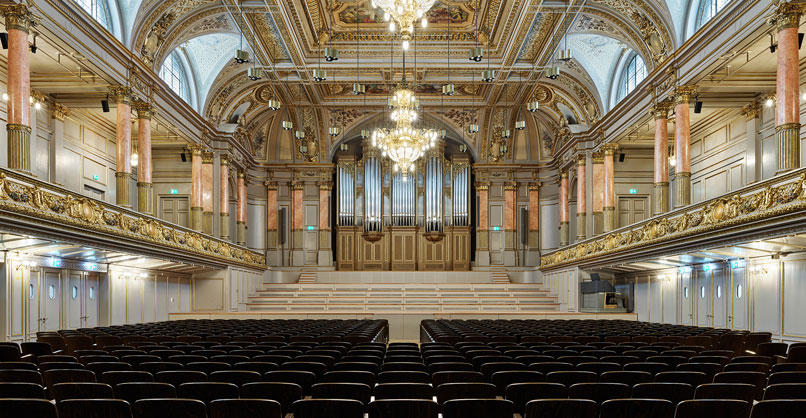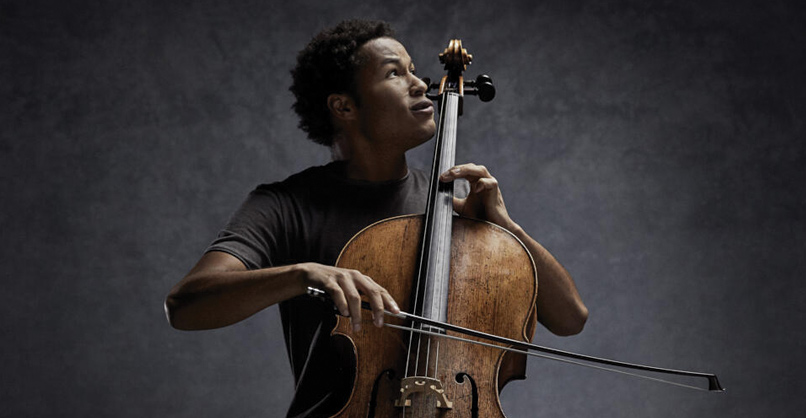- Venue's Capacity: 1200
The Zurich Opera House is famous the world over for both opera and dance. It is among the most important European theatres and plays host to leading conductors. The original theatre built in 1833 was replaced by the present building which was opened in 1891. It was the venue for the first performance of Parsifal outside Germany.
The history of the Opernhaus has indeed been punctuated by numerous premieres: Turandot by Busoni in 1917, Lulu in 1937, Mathis der Mahler and Cardillac by Hindemith (1938 and 1952) and Moses und Aron by Schönberg in 1957. Several major conductors such as Otto Ackerman, Hans Knappertsbuch, and Wilhelm Furtwängler conducted a varied repertoire always with the greatest singers (Lisa della Casa was for instance a member of the Opernhaus company).
It was at the Studiobühne too that the young singers Gwyneth Jones and Edith Mathis perfected their craft. One of the most outstanding events of its history was the “re-staging” for the first time of the operas of Monteverdi and Mozart performed on period instruments at the instigation of the pioneer Nikolaus Harnoncourt supported by the legendary stage settings of Jean-Pierre Ponnelle. These productions contributed to the renaissance of Baroque opera and the rediscovery of a vast repertoire.
Today the Opernhaus is one of the few theatres that can pride itself on presenting the greatest stars of the opera world in one and the same season. With its well-thought out and varied programming, the audience has every reason to be satisfied.











